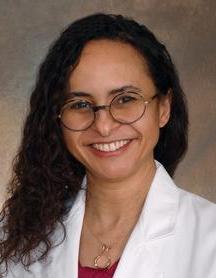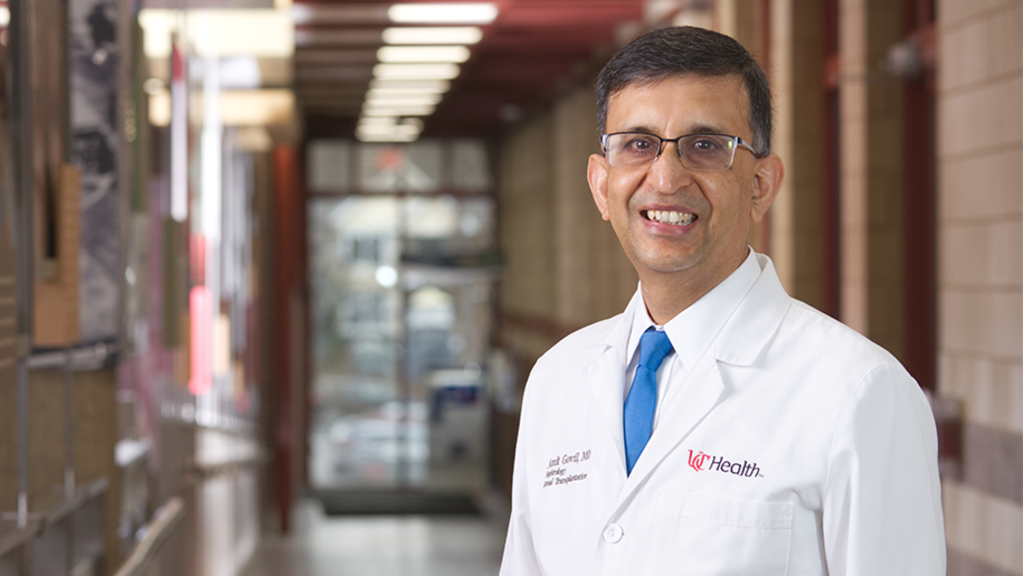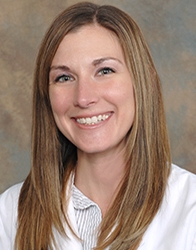Jeremy Maynard and his wife, Hannah, never imagined how profoundly their wedding vows of “in sickness and in health” would be tested. Their story, however, is about overcoming adversity and using their experience to advocate for future kidney transplant patients.
- Jeremy was diagnosed with end-stage renal disease (ESRD) just weeks after his wedding, requiring immediate dialysis and an urgent kidney transplant.
- Jeremy’s wife, Hannah, donated her kidney to save his life. UC Health provided expert and expedited care to both Jeremy and Hannah throughout the living kidney donation and the transplant, ensuring their personal goals for life beyond transplant were at the center of the conversation.
- Following the successful kidney transplant, Jeremy regained his health, returning to work, weightlifting, and running. The couple finally began their lives together, out of the hospital.
- UC Health went above and beyond by prioritizing fertility and family planning discussions and integrating patient advocacy into care improvements, setting a new standard for future kidney transplant patients.
“It is such a testament to this team that you all remember us by name and our story among so many patients,” Jeremy says. “It’s an honor to be a small part of the great things this team is doing.”
If you or a loved one needs care, you can contact the leader in kidney transplantation in Greater Cincinnati and Northern Kentucky at 513-584-7001, submit an online self-referral form , or visit https://www.uchealth.com/en/transplant/kidney-pancreas-transplant.
Boundless care is more than treating a patient’s immediate needs—it’s about going above and beyond to empower them, give them a voice to shape the future of care and create lasting improvements for generations of patients to come.
.png)


.png)
.png)



